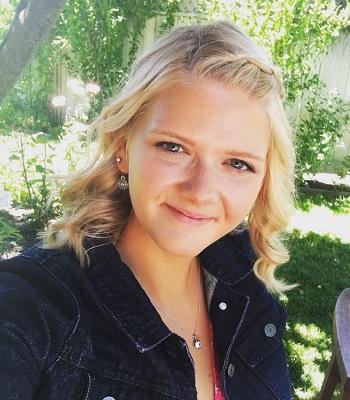Statement of Research Interests
I study the intersection between visual and textual "languages" in nineteenth-century England, specifically within the evolution and refinement of the novel form. Formal practices in painting shifted during the nineteenth century and the invention of photography further troubled a traditional understanding of perspective and perception, objective truth and subjective understanding. Writers and artists each had to confront this crisis of vision and argue for the importance of art in mediating our view of the world. I am interested in how innovations in painting and novel writing mirror one another, the similar and disparate ways that these various artists attempt to meet the challenges posed by emerging ideas regarding relativism and empiricism.
Statement of Teaching Philosophy
I am a staunch advocate of the Socratic Method – the dialectic. Recent studies in the science of teaching and learning show that the “guide at the side” model of teaching (which views the teacher as a coach and emphasizes cooperative learning and classroom discussion) garners better long-term learning results than the antiquated “sage on the stage” model of teaching (in which an expert declaims eloquent lectures to a group of novices). An interactive, discussion-based method allows students greater freedom in asking and answering questions, and it also gives the instructor insight into students’ prior knowledge. In the study of literature, there is often an emphasis on content knowledge, but in my classes, I focus on strategic, skills-oriented knowledge that students can take with them from classroom to classroom. An example of strategic knowledge is teaching contextual analysis (how does the text’s historical framework influence the way we read it) or teaching “close reading” skills (how do the specific words chosen by the author effect meaning). I also advocate, particularly in introductory course, attempting to introduce students to the pleasure of learning. Intellectual pleasure – the joy that comes through learning and mastering a specific skill set – can be transplanted from classroom to classroom, and can even travel between different “schools” of learning; intellectual pleasure can originate in a course in biology or a literature course. Often times, I believe that the prevalence of the “sage on the stage” model of teaching has caused students to believe that the “sage” instructor’s knowledge is something mystical and unattainable, and that it would be impossible for them to master a comparable skill set. By demystifying the art of rhetoric and concretizing the skills needed to do scholarly work, students are able to experience the joy that comes from crafting an argument. The first step to demystifying rhetoric is taking the sage off of the stage; while order must be maintained, the classroom should be a place of cooperative learning, not a declaiming dictatorship.
Other Commitments
Copy Editor at Studies in English Literature (SEL), Civic Humanist Fellow (2020-2021) Cooking, Playing Piano, Drinking Tea
Summary
| Hometown | Plano, Texas |
|---|---|
| Graduate Department | English |
| Graduate Fields | 19th C. British Literature and Culture,History of Optics,Book Illustration,19th C. Painting |

